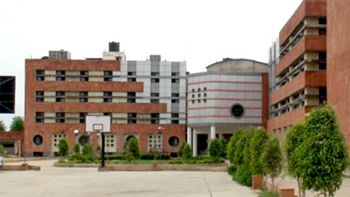New Delhi, Apr 28: In what can trigger a new controversy, a group of 11 Jawaharlal Nehru University teachers have alleged that the varsity has become 'a den of organised sex racket'.

“Over one thousand boys and girls (sic) students have been fined from Rs 2000/- to Rs 5000/- for consuming alcohol, for indulging in immoral activities in their hostels. On a casual glance at the gates of the hostel one can see hundreds of empty alcohol bottles. Sex workers have been openly employed in hostel messes, where they not only lure JNU girls into their organized racket but also pollute the boys. How come big and high brand cars are moving around the hostels particularly in the night hours. Some security staff is (sic) also involved in this racket. Freshers are particularly inducted in this ring of vice by luring through money, sex, drugs and alcohol, so that they become tied up with the cause of foreign agencies,” the report quoted the text of the dossier.
The dossier, titled 'Jawaharlal Nehru University: The Den of Secessionism and Terrorism' further accuses some teachers of encouraging such practices.
The group of the teachers who have made this claim is led by Amita Singh, professor at the Centre for Law and Governance.
“I plan to tell the JNU teachers’ association to propose a complete ban on alcohol and motorcycles on campus. We need to strictly adhere to the JNU manual. In the manual, girls are not permitted to enter boys’ hostels. But no one follows it here. In a hostel raid, occasionally conducted by wardens, at least 40-50 boys are always fined for sheltering outsiders. In the same raids, so many girls are found to be present in the hostel rooms meant only for boys. Who knows where these girls are from? That is why I proposed to the present vice-chancellor to install CCTV cameras in hostels. I told him that unless you sanitise the hostels, the university cannot be run properly,” Hari Ram Mishra, assistant professor in the Special Centre for Sanskrit Studies and a part of this group was quoted as saying by The Wire.
Meanwhile, the students and other teaches have rebuffed the allegations, calling them completely baseless and a part of the Hindutva propaganda against JNU’s liberal culture.







Comments
Add new comment